Certain foods can affect sinusitis. Learn about four foods that can make sinusitis worse.
Sinuses are air-filled cavities that develop due to a virus. They are often caused by a cold, causing the sinuses to swell, become inflamed, and create a buildup of mucus in the nose. To limit the effects of this infection, people with sinusitis need to develop healthy eating habits.
1. The impact of food on sinus health
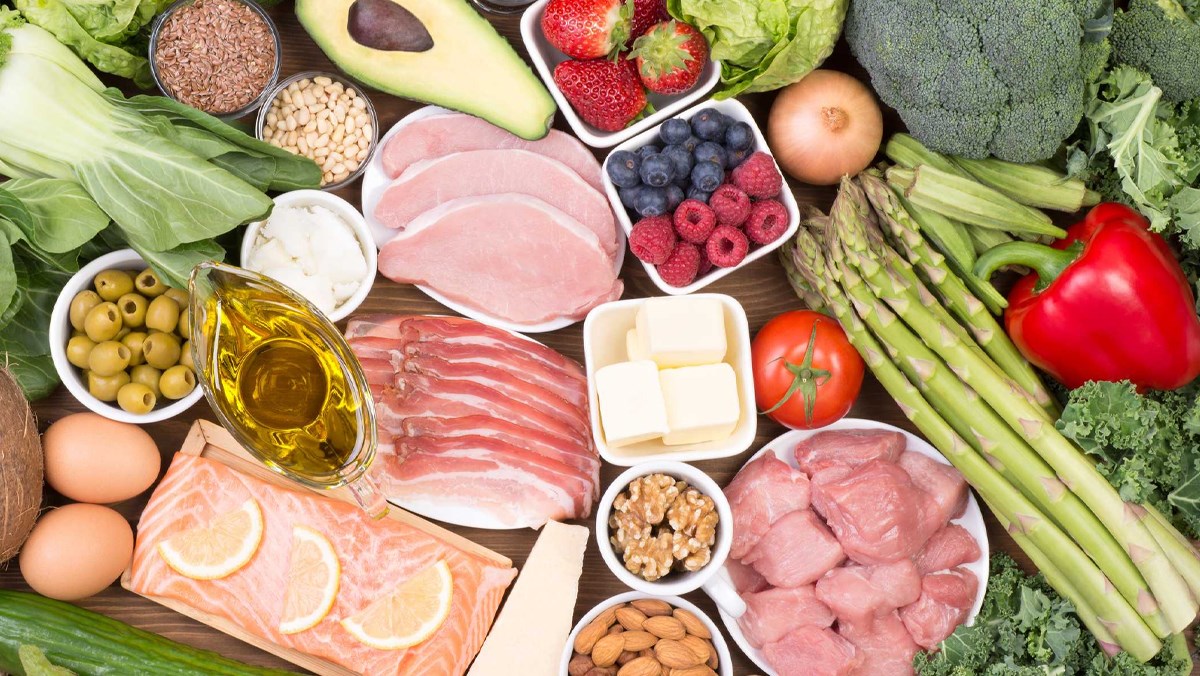
Diet plays a role in managing sinus health.
MSc. Dr. Ha Minh Loi, Central Ear, Nose and Throat Hospital, sinusitis, also known as sinus infection or rhinosinusitis, occurs when the sinus mucosa becomes inflamed and swollen.
When you have sinusitis, your sinuses become blocked. That blockage can lead to familiar symptoms like swelling, a runny nose, pain or pressure, and difficulty breathing through your nose.
Acute sinusitis is the most common and is short-lived (usually 4 weeks or less). If you have symptoms for more than 12 weeks or have recurring infections, you may have chronic sinusitis.
The most common causes of sinusitis include:
- Common cold;
- Infection (most commonly viral);
- Seasonal allergies;
- Nasal polyps;
- Deviated partition;
- Smoking...
Most people often overlook the role that diet plays in managing sinus health. There are foods that can actually aggravate sinusitis. However, these reactions can vary from person to person. A food that may aggravate the problem for one person may not affect another.
2. Certain foods can aggravate sinusitis
Dairy products
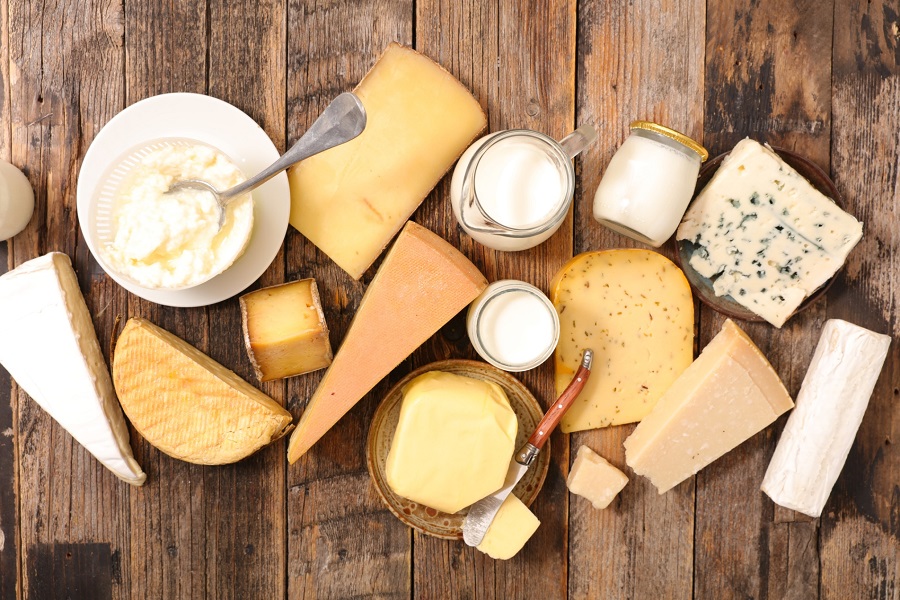
People with sinusitis who use milk or dairy products will make their sinusitis worse.
Milk, cheese, and yogurt tend to produce thicker mucus. This means that the nose acts as a host for microbial growth. For those prone to sinus infections, minimizing the intake of milk, cheese, and yogurt may be beneficial in preventing excessive mucus production.
A randomized study of 108 people divided participants into either a milk group or a non-milk group. After 4 days of participation, participants in the non-milk group had significantly reduced nasal mucus secretions compared to participants in the milk group. The authors concluded that the milk mucus theory was plausible.
An older study found that an allergic reaction to milk may increase the production of nasal polyps, a common cause of sinusitis. Additionally, there is research showing an increased incidence of chronic sinusitis in people with milk allergies.
Foods high in sugar

Foods high in sugar will make sinusitis worse.
Diets high in refined sugars like soda, candy, and baked goods (not the natural sugars found in fruit) can worsen sinus symptoms by increasing inflammation.
Some evidence suggests that a high-sugar diet may worsen sinus symptoms and increase inflammation in children with sinus symptoms, and that reducing added sugar consumption may improve symptoms and quality of life in this group.
Many doctors recommend avoiding refined sugar as a natural way to reduce sinus symptoms in adults. Additionally, eating less refined sugar is beneficial to your health.
Foods high in histamine
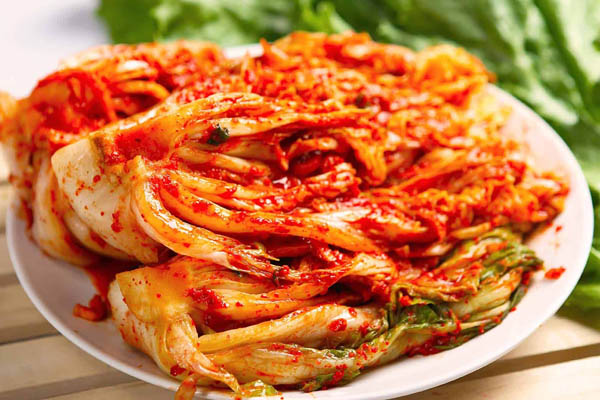
Kimchi is a food that is high in histamine, which can aggravate sinus symptoms.
The body's white blood cells produce histamine to help fight potential allergens. Histamine is also found in some foods.
In healthy people, histamine consumed through food is quickly broken down. However, people with histamine intolerance may break it down less efficiently, leading to a buildup in the body.
This buildup can lead to a variety of symptoms, including those associated with sinusitis, such as sneezing, nasal congestion, runny nose, and difficulty breathing. Therefore, if you have a histamine intolerance, eating foods high in histamine can worsen your symptoms.
Foods high in histamine include:
- Most processed meats: sausages, ham;
- Fish and fish sauce;
- Some vegetables: tomatoes, avocados and eggplants;
- Dried fruits like raisins and apricots;
- Aged cheese;
- Chocolate;
- Fermented foods like sauerkraut, kimchi, yogurt and vinegar;
- Fermented drinks like kombucha and wine...
Foods high in salicylates
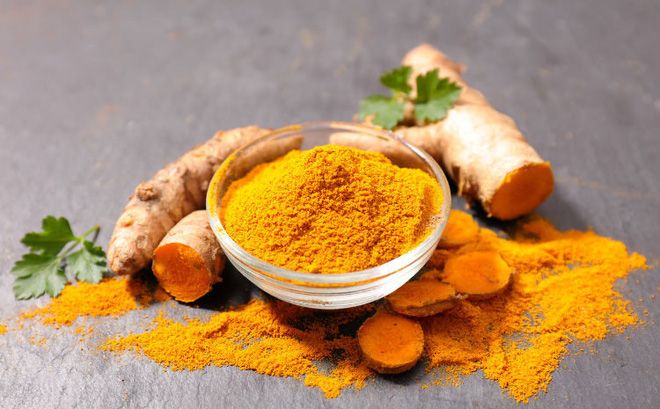
Turmeric is a food that contains salicylates that make sinus symptoms worse.
Salicylates are generally beneficial compounds found in many foods, such as:
- Legumes such as beans and lentils;
- Cauliflower;
- Fruits such as strawberries, watermelon, plums and raspberries;
- Grains such as oats, corn and buckwheat;
- Certain herbs and spices such as rosemary, thyme, paprika and turmeric...
However, some people may be sensitive to these natural compounds. People who are hypersensitive to salicylates may experience unwanted side effects, such as nasal polyps, rhinitis (including nasal congestion, runny nose, sneezing), and difficulty breathing. These symptoms can make sinusitis worse.
One study found a link between eating more salicylate foods and more severe sinusitis symptoms in people with chronic sinusitis and nasal polyps. Another study found that people with nasal polyps were more likely to have salicylate intolerance.
Because of this relationship, studies have investigated salicylate-free diets as a treatment for sinusitis symptoms. One crossover study observed positive improvements in rhinitis symptoms after following a salicylate-free diet for 6 weeks.
Several other studies have also shown that a salicylate-free diet is effective in reducing sinusitis symptoms.
Source: https://giadinh.suckhoedoisong.vn/4-thuc-pham-de-khien-benh-viem-xoang-tram-trong-hon-172241212161822523.htm






















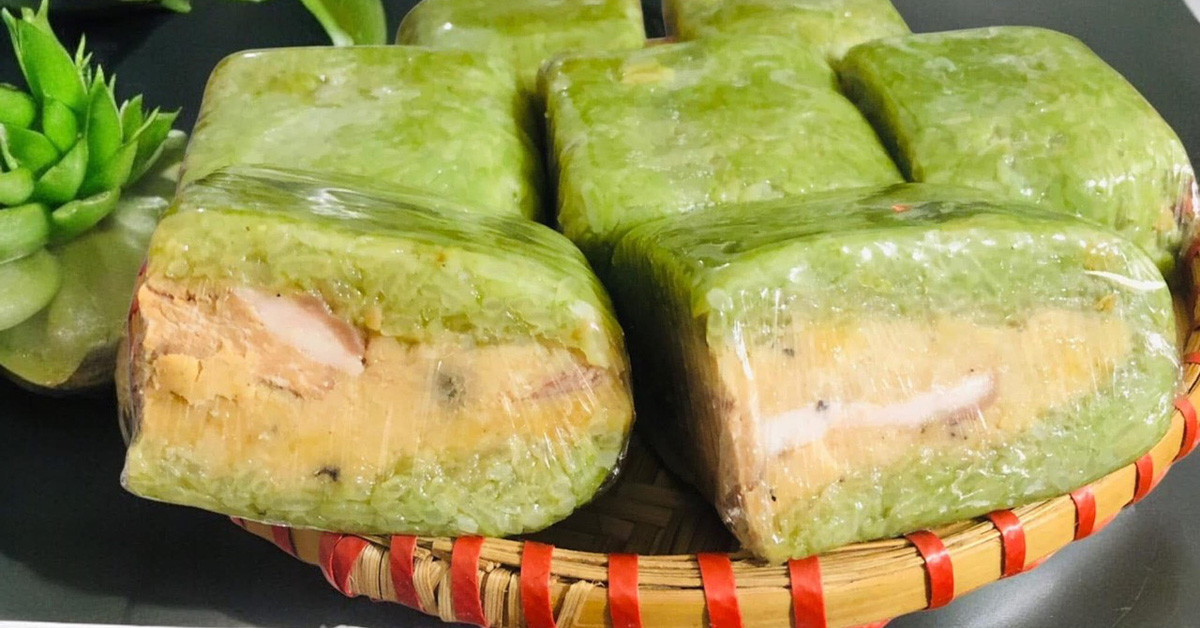







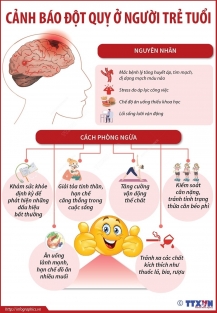





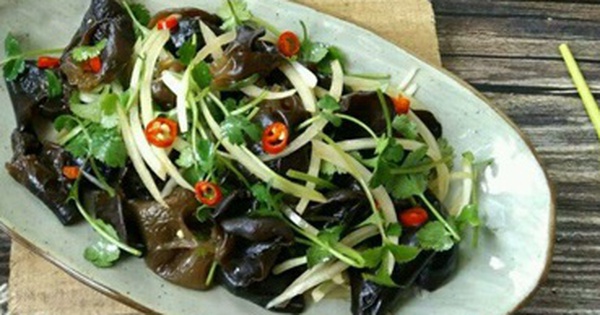
















Comment (0)